Jews and Israelis at Columbia University were ostracized from student groups, humiliated in classrooms and subjected to verbal abuse as pro-Palestinian demonstrations shook the campus last year, and their complaints were often downplayed or ignored by school officials and faculty, the university’s task force on antisemitism said in a report released Friday.
Citing “serious and pervasive” problems uncovered through nearly 500 student testimonials, the faculty task force recommended revamped anti-bias training for students and staff and a revised system for reporting complaints about antisemitism.
It said student groups should stop issuing political statements unrelated to their missions, saying Jewish students felt pushed out of many clubs and organizations.
The task force also offered a definition of antisemitism that included discrimination or exclusion based on “real or perceived ties to Israel” and “certain double standards applied to Israel.” Such double standards, the report said, include the “calls for divestment solely from Israel” — something that has been a key demand of pro-Palestinian groups as the death toll in the latest war between Israel and Hamas soared.
The task force said its definition of antisemitism was intended for use in training and education, not for discipline or to limit speech.
“These recommendations were devised to preserve the right to protest, to protect the rights to speak, teach, research, and learn, and to combat discrimination and harassment, including antisemitic harassment,” said Task Force on Antisemitism Co-Chairs Ester Fuchs, Nicholas Lemann and David M. Schizer. “Although our report focuses on antisemitism, we hope our recommendations will also bolster efforts to combat Islamophobia, anti-Arab racism, and other forms of bigotry.”
The task force issued its report four days before the scheduled start of classes for Columbia’s fall semester.
Interim President Katrina Armstrong said the university has already moved to expand trainings and streamline its handling of harassment complaints in line with the new report’s recommendations.
“This is an opportunity to acknowledge the harm that has been done and to pledge to make the changes necessary to do better and to rededicate ourselves, as university leaders, as individuals, and as a community, to our core mission of teaching and research,” Armstrong said in a statement.
In a bulletin posted online, a coalition of student groups that has been…
Click Here to Read the Full Original Article at ABC News: US…

